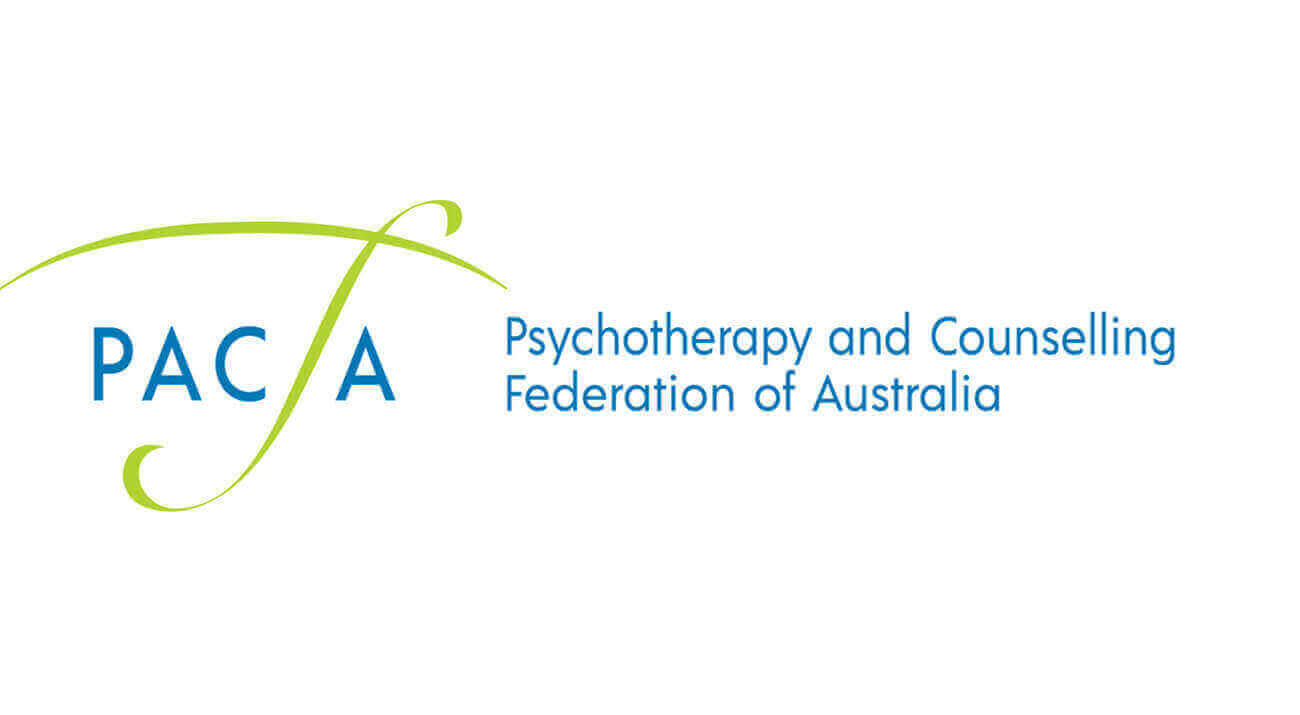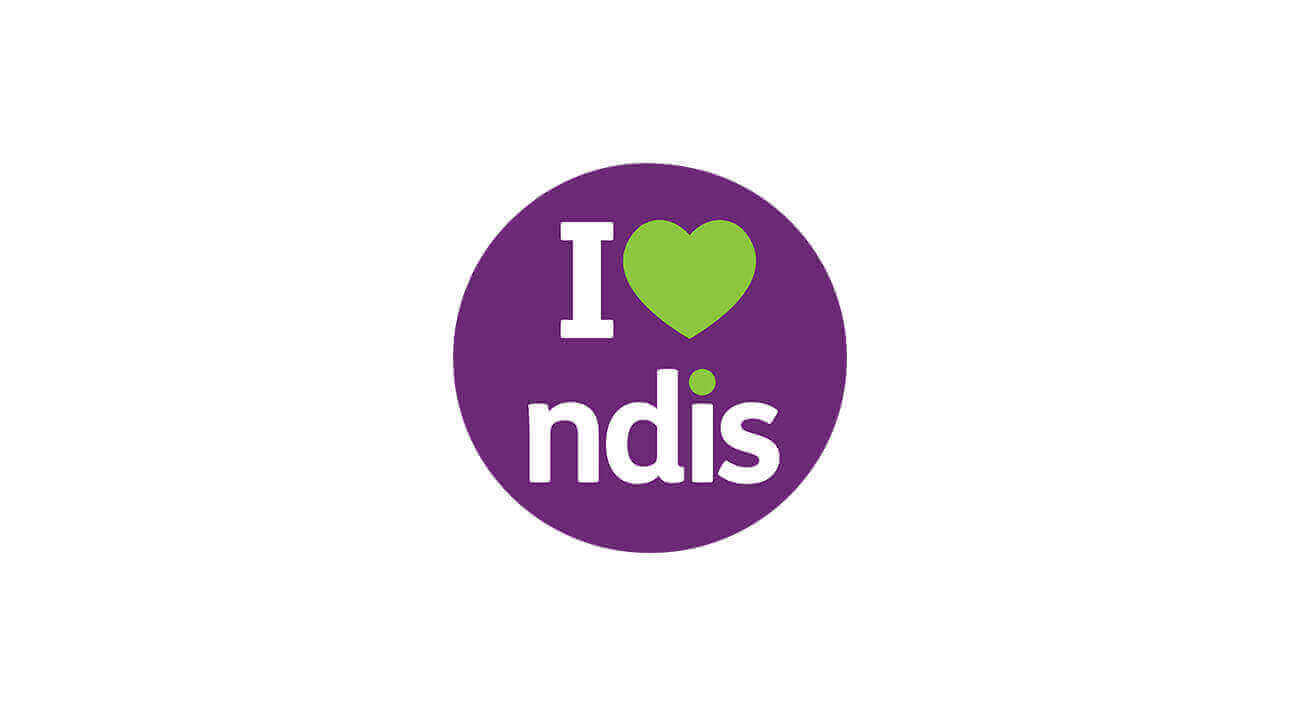Behavioural Therapy
Behavioural Therapy, also known as Behaviour Modification, is a therapeutic approach rooted in the belief that all behaviours are learned and can therefore be unlearned or changed. It focuses on directly addressing problematic behaviours and replacing them with more adaptive ones. This approach is often used to treat a variety of mental health issues, including anxiety, depression, phobias and obsessive-compulsive disorder (OCD).
Key Principles
- Focus on Observable Behaviour: Behavioural Therapy emphasizes what you do, rather than what you think or feel. The therapist will work with you to identify the specific behaviours that are causing difficulties and develop strategies to modify them.
- Classical Conditioning: Suggests that we learn to associate certain stimuli with specific responses. Therapists use this principle to help you unlearn unhelpful associations and create new, more positive ones.
- Operant Conditioning: This principle focuses on the consequences of your behaviour. Therapists will work with you to understand how rewards and punishments influence your actions and develop strategies to reinforce desired behaviours and reduce undesired ones.
- Social Learning Theory: This theory suggests that we learn by observing others. Therapists may use role playing or modeling techniques to help you learn new behaviours.


How Does Counselling Help?
How Does Counselling Help?
Talk and express your thoughts, personal struggles, and concerns privately in a non-judgmental environment

Who Can Benefit From Counselling?
Who Can Benefit From Counselling?
Counselling can benefit many people and assist with dealing with personal problems and challenges

The Benefits Of Having Counselling
The Benefits Of Having Counselling
Counselling gives you a different perspective on your problem to solve it effectively and positively

Reasons People Come To Counselling
Reasons People Come To Counselling
These include communication and relationship issues, stress and anxiety, feeling sad or lonely, or self-esteem issues
Techniques Used in Behavioural Therapy
- Exposure Therapy: This technique involves gradually exposing you to the feared situation or object in a safe and controlled environment. The goal is to reduce your anxiety and fear over time.
- Systematic Desensitization: This technique combines relaxation techniques with gradual exposure to help you overcome phobias and anxieties.
- Aversion Therapy: This technique involves pairing an undesirable behavior with an unpleasant stimulus to reduce the behaviour’s frequency.
- Behavioral Activation: This technique focuses on increasing engagement in positive and rewarding activities to improve mood and reduce depression.
- Skills Training: This technique involves teaching you specific coping skills to manage difficult emotions and situations.

Benefits of Behavioural Therapy
- Focus on Solutions: Behavioural Therapy is a goal-oriented approach that focuses on practical solutions to specific problems.
- Measurable Progress: The focus on observable behaviours allows you to track your progress and see tangible results.
- Empowerment: Behavioural Therapy equips you with specific skills and strategies to manage your challenges independently.
- Effectiveness: Behavioural Therapy has a strong evidence base and is effective for treating a variety of mental health issues.
If you are struggling with specific behaviours or habits that are impacting your life, Behavioural Therapy may be a helpful approach for you. It can provide you with the tools and strategies you need to make positive changes and achieve your goals.

Book A Session
Please note: If you contact us after hours or on weekends, then reception will contact you the next business day.


